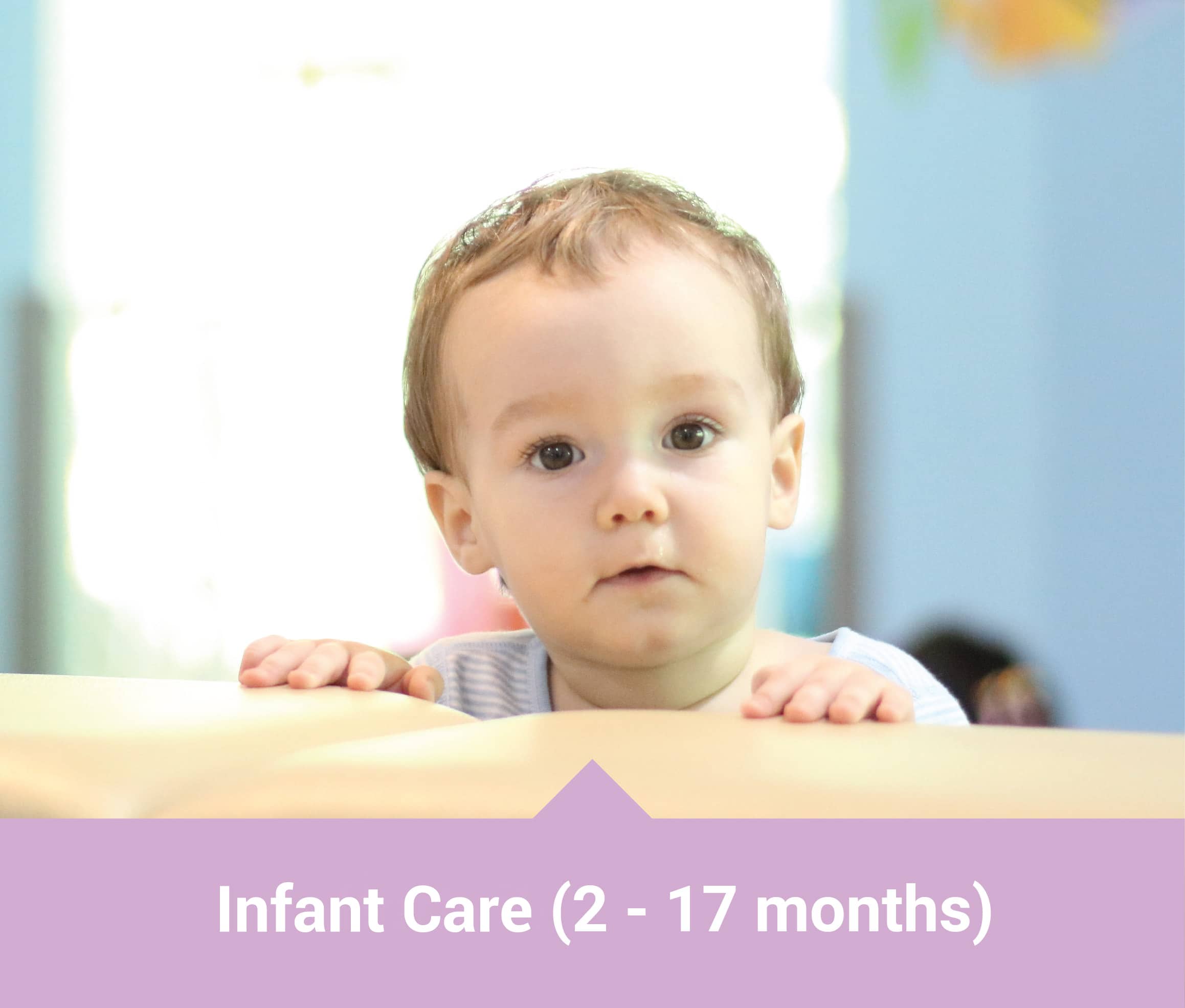
We’re not going to lie. These days, our culture tends to have a strong preference for the benefits of breastfeeding. Many mothers feel proud and over the moon when their breastfeeding is going well – as though they have passed their first motherhood milestone with flying colours. But the truth is, not every woman can or wants to breastfeed, and mothers shouldn’t be assessed via their ability to breastfeed. Feeding babies with formula milk is definitely not any indication of failure.
Sometimes, it also isn’t a matter of this or that, but a combination of both. Instead of letting your environment dictate your decision to breastfeed or feed babies with formula, it is best to know the pros and cons of each to make an informed choice. Every baby and mother needs to figure out feeding choices that work best for them!
Benefits of Breastfeeding
Sure, the benefits of breastfeeding abound, with health experts saying that breast milk is the most ideal choice for infants.
That being said, breastfeeding comes with lots of pain as well!
In the initial few weeks, many mothers, especially first-time mums, will find it to be extremely uncomfortable. Besides having to watch what they eat or drink, since whatever they consume can be transmitted to the baby via breast milk, they will also have to figure out the best way to help their babies latch on.
The entire breastfeeding journey also requires a huge time commitment from the mother as their newborn babies need to feed more often than formula-fed babies; because babies digest breast milk faster! This means breastfeeding mothers will have to make themselves available to their babies every 2 to 3 hours, on top of juggling the new mom life of putting their child to sleep and caring for their infants. We have not even talked about the pains of breastfeeding such as mothers having trouble with their milk supply, babies not being able to latch properly, and mastitis (an inflammation of breast tissue that sometimes involves an infection)…
As such, especially in the initial few weeks, mothers may want to supplement breast milk with formula or even pumping to bottle-feed their children while they figure out how to manage the entire breastfeeding process. I’ve heard numerous stories where mothers stress over breastfeeding only to relieve it when they have decided to supplement their supply with formula milk in the interim. Doing so not only ensures that their infant is well-fed, but it also helps them to stay calm and patient and may even improve a mother’s emotional well-being in the long run.
Formula-milk, unlike popular belief, does have its own advantages too.
Benefits of Formula Milk
Ultimately, we do recognise that there is a plethora of benefits to breastfeeding that cannot be replicated in formula milk. Yet, the decision to breastfeed or not, should be left to mothers themselves, without fear of being judged, shamed, or guilted, whatever they decide. There is no one best way of feeding your child, but whichever a mother chooses, there are its own benefits and costs!
Looking for Infant Care or Child Care in Singapore?
Established in 2006, Mulberry Learning is an award-winning Reggio-inspired preschool with 11 locations around Singapore. Its Full-Day and Half-Day Infant Care Programmes help your babies and toddlers aged 2 months to 17 months to learn and grow in a fun and engaging environment. Mulberry Learning is the world’s first and only preschool network certified by the USA for the Habits of MindTM framework, and its curriculum has been voted as “Singapore’s Best Holistic Learning Programme” for 3 years running by leading parenting publications.
Exclusive Promotion
Book a virtual tour with Mulberry Learning to find out how its award-winning curriculum can help prepare your child for his or her Primary years and beyond! Explore our beautifully crafted Reggio-inspired learning spaces from the comfort of your own home with our Virtual School Tours!








